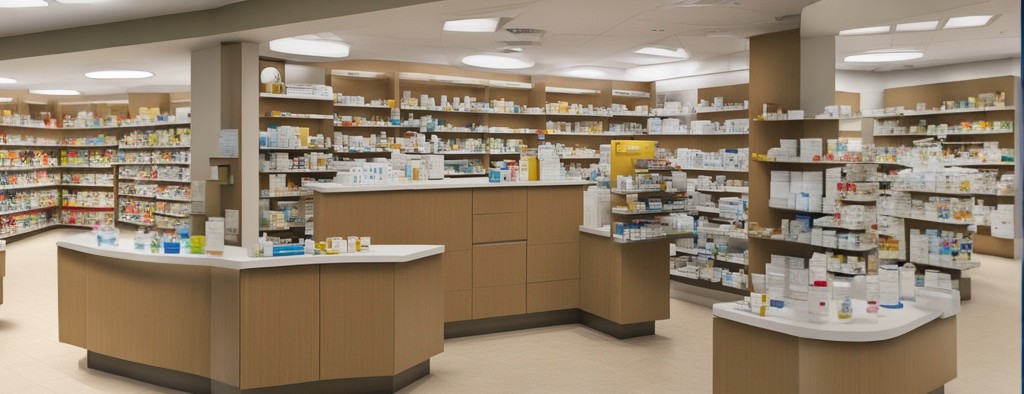What are the signs of high testosterone in males?
High testosterone levels can cause various symptoms including, body hair growth, mood disturbances, and acne. They can result from some medical conditions and the use of medications or anabolic steroids.
High testosterone levels can cause serious problems in males, such as an enlarged prostate, known as benign prostatic hyperplasia (BPH).
In males, testosterone functions include the regulation of libido, bone and muscle mass, and the production of sperm. Females also have some testosterone, but less. In females, testosterone assists in the growth and maintenance of female reproductive tissue and bone mass.
Testosterone is essential for health, but too much may increase the risk of health problems, such as an enlarged prostate gland.
In this article, we discuss the signs of high testosterone, also called hyperandrogenism, in males.
A note about sex and gender
Sex and gender exist on spectrums. This article will use the terms “male,” “female,” or both to refer to sex assigned at birth. Click here to learn more.
Testosterone is a hormone. It is produced in the testes in people assigned male sex at birth and in the ovaries in people assigned female sex at birth. Additionally, dehydroepiandrosterone (DHEA), a precursor to testosterone is produced in the adrenal glands.
People can also take testosterone synthetically as medication. The effects of high testosterone levels will usually only be apparent with synthetic sources.
A 2017 study involving more than 9,000 men living in Europe and the United States found that the total testosterone range for males aged 19–39 years is 264–916 nanograms per deciliter (ng/dl). Levels above this are considered high.
The American Urological Association considers 450—600 ng/dl to be a normal range.
The authors of a 2021 study noted that males with high levels of dihydrotestosterone (DHT) — a substance that works with testosterone — may have a higher chance of acne and hair loss. However, they did not link this effect directly to high testosterone levels.
Testosterone may also play a role in the development of prostate cancer. Experts note that testosterone does not cause prostate cancer, but it can help fuel it once it appears. Reducing testosterone levels may help lower the risk of it returning or progressing. There may be a link with testosterone replacement therapy and the development of prostate cancer.
Men with very high testosterone levels may experience:
- acne
- aggressive or risk-taking behaviors
- excessive body hair
- headaches
- heart or liver problems
- high blood pressure (hypertension)
- high sex drive (libido)
- increased appetite
- infertility
- insomnia
- low sperm count
- mood swings
- prostate enlargement, which may cause difficulty passing urine
- swelling of the legs and feet
- unexplained weight gain
